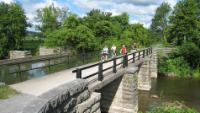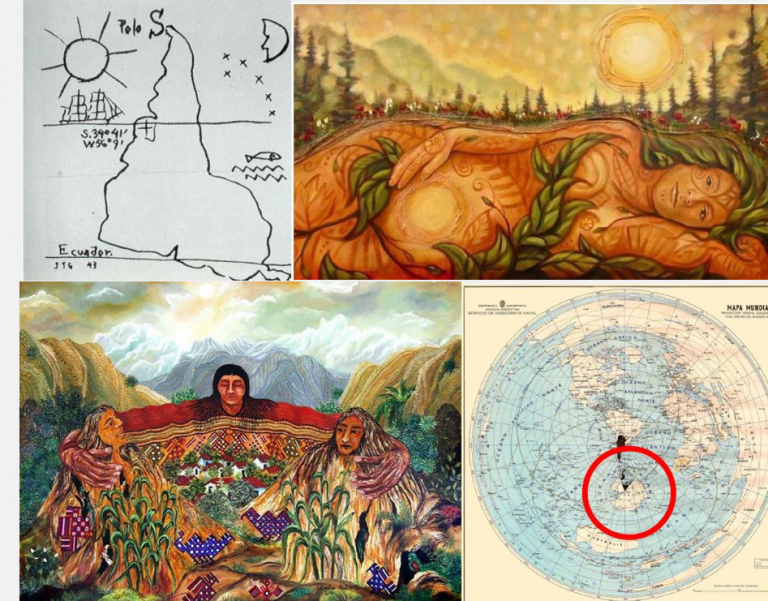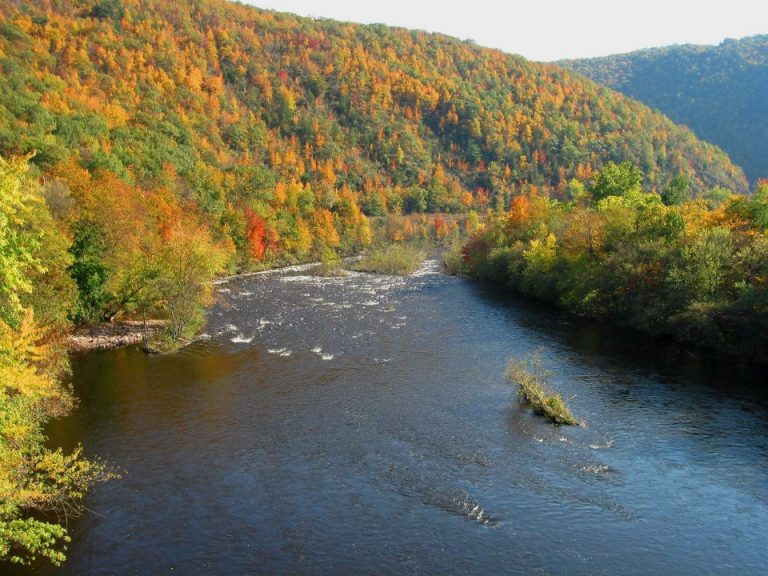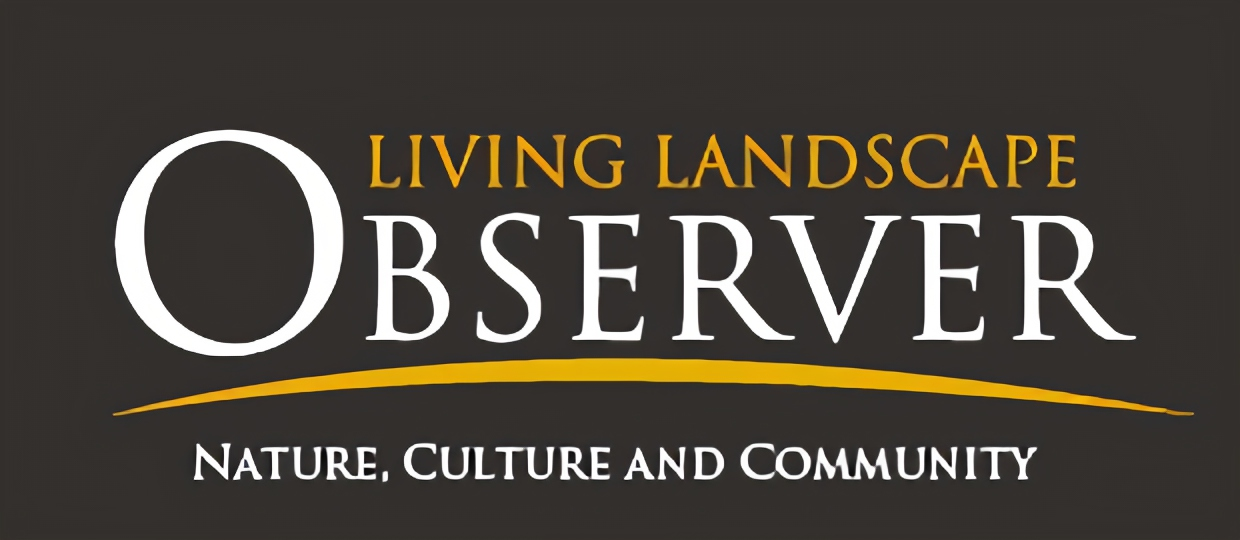To provide observations and information on the emerging fields of landscape scale conservation, heritage preservation, and sustainable community development.
Newsletter
Stay up-to-date with the latest nature, culture and community news.
We won’t spam you or share your information. Newsletters are sent approximately 10 times a year. Unsubscribe at any time.
The Next Four Years: Trends in Landscape Scale Conservation
The conservation community is awash with lists of what the new administration needs to do to reduce if not reverse the damage of the last

Featured Voice Interview: Ta Enos, Founder and CEO of the PA Wilds Center for Entrepreneurship
This month, we had the privilege to interview Ta Enos, Founder and CEO of the PA Wilds Center for Entrepreneurship. The Center is the the coordinating nonprofit for the PA Wilds Conservation Landscape effort, an innovative initiative that promotes economic development, recreation, conservation, and stewardship on a landscape scale.

Landscape Scale Community and Economic Development
Creating and implementing programs to jump start community and economic development is never easy. However, there are many benefits of doing so at a landscape scale. The opportunity for regional promotions, sharing capacity building initiatives, and assembling a critical mass of attractions are just a few. What are some successful examples of this work and what might the future hold?

Naturecultures from the Perspective of Argentina
This dialogue session features a number of presentations from an Argentinean perspective. The presenters examined a number of key ideas. For example, the importance of cultural routesand the future of large-scale landscapes in defining the identity of a region and reiterating the indigenous natureculture vision. Also the South American view of the landscape and it’s transformation by Europeans practices. How can these factors be balanced with a traditional and embedded way of life? And then how do these ideas play out on a city scale?

The Role of Storytelling in Landscape Conservation
The idea of using cultural objects or site-specific historic places as a way convey a story is customary practice in heritage interpretation. However, storytelling on a landscape scale is less common. Heritage areas and the United States National Heritage Area (NHA) program in particular have demonstrated the power of this approach to build partnerships and unify a region. More recently the movement to conserve landscapes at scale has recognized the significance of storytelling to connect people to the resource. More challenging is telling the less visible stories.
The Next Four Years: Trends in Landscape Scale Conservation
The conservation community is awash with lists of what the new administration needs to do to reduce if not reverse the damage of the last

Featured Voice Interview: Ta Enos, Founder and CEO of the PA Wilds Center for Entrepreneurship
This month, we had the privilege to interview Ta Enos, Founder and CEO of the PA Wilds Center for Entrepreneurship. The Center is the the coordinating nonprofit for the PA Wilds Conservation Landscape effort, an innovative initiative that promotes economic development, recreation, conservation, and stewardship on a landscape scale.

Landscape Scale Community and Economic Development
Creating and implementing programs to jump start community and economic development is never easy. However, there are many benefits of doing so at a landscape scale. The opportunity for regional promotions, sharing capacity building initiatives, and assembling a critical mass of attractions are just a few. What are some successful examples of this work and what might the future hold?

Naturecultures from the Perspective of Argentina
This dialogue session features a number of presentations from an Argentinean perspective. The presenters examined a number of key ideas. For example, the importance of cultural routesand the future of large-scale landscapes in defining the identity of a region and reiterating the indigenous natureculture vision. Also the South American view of the landscape and it’s transformation by Europeans practices. How can these factors be balanced with a traditional and embedded way of life? And then how do these ideas play out on a city scale?

The Role of Storytelling in Landscape Conservation
The idea of using cultural objects or site-specific historic places as a way convey a story is customary practice in heritage interpretation. However, storytelling on a landscape scale is less common. Heritage areas and the United States National Heritage Area (NHA) program in particular have demonstrated the power of this approach to build partnerships and unify a region. More recently the movement to conserve landscapes at scale has recognized the significance of storytelling to connect people to the resource. More challenging is telling the less visible stories.


